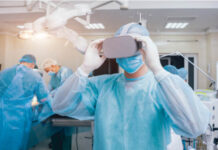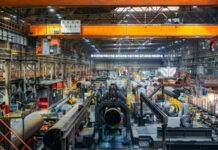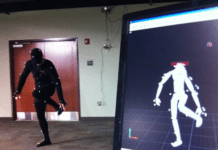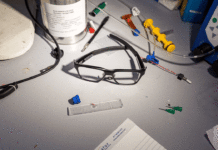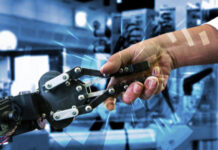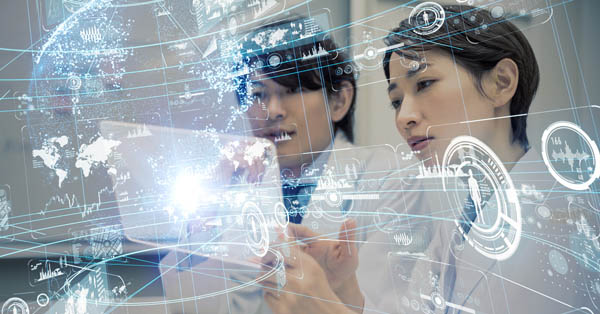
Just think back: this time 10 years ago we didn’t have the iPad. If you wanted food, you couldn’t have it delivered except if the restaurant had the service available. Siri & Alexa were also very much figments of their creators’ imaginations. Things definitely felt slower. Some might argue that it felt simpler but no one is complaining about the efficiency that came along with the technological tsunami that hit us over the past decade. Experts say that what we have experienced is just the tip of the iceberg.
The technological developments of this decade happened so fast, it is easy to feel breathless at the mere thought of it. Driverless cars were predicted to only become a reality in 20 years. Now companies like Tesla are already developing it. We saw the rise of drone warfare where autonomous machines battle it out on the battlefield. Robots exist, they can run faster than some animals. China introduced a ‘social credit system’ while Russia practiced taking out power grids. Gamers moved from their bedrooms to virtual worlds where they become part of the game. Facial recognition has become so developed that it is banned in San Francisco – the very place it was born.
Breathless yet?
When we think about it, in 10 years when we stand in 2030, all of these inventions will seem primitive by comparison. Cars will probably drive themselves at that point. They probably won’t even look like conventional cars anymore. The wallpaper on your wall will screen images & serve as a TV. Your entire phone might be replaced with a contact lens. Alexa or Siri will become permanent residents in your home. Creepy, know-it-all residents.
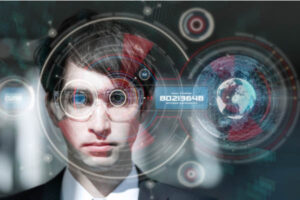
The little privacy that you have & value will vanish completely. Life will be like a page ripped from an Orwellian horror. Camera quality will become so advanced that you will be able to identify a face a mile away. But luckily not all is as bad as it sounds. Healthcare will develop at a rapid rate. It will go through the most substantial changes since the discovery of antibiotics. AI will diagnose people with diseases they might get long before they actually get it. Prevention will happen at the snap of your finger and organs will be printed in labs.
You might even get to live until you are 150.
Unfortunately one of the biggest problems the economy will face is job loss. According to studies, robots will take over 20 million manufacturing jobs. There is a predicted job loss of 800 million by 2030. It won’t only hit manufacturing or pizza delivery jobs. Accountants and lawyers might be the first to go, followed by journalists who can easily be replaced by a bit of machine learning.
There is a saying in Silicon Valley: “Software eats the world”. It would seem like the past decade was but a taste and the feast is only starting. Brace yourself, because it won’t be pretty.

